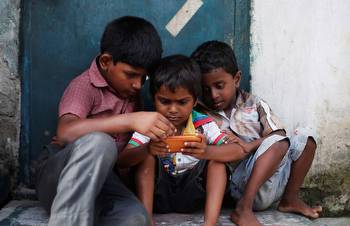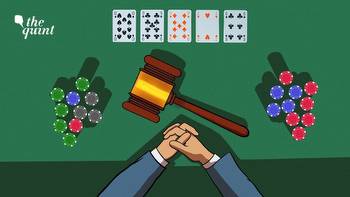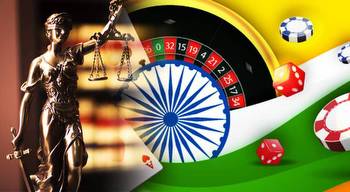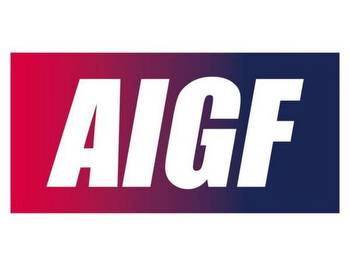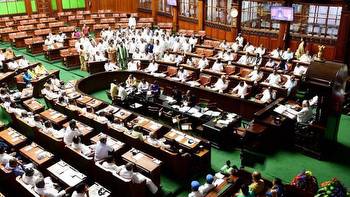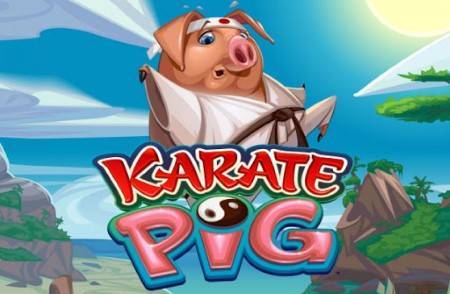Companies may move court against govt ban on online gambling and games

With the Indian Premier League (IPL) still going on, gaming companies were caught off guard as Karnataka government ban on online gambling and games was notified on Tuesday. A number of online gaming companies are dependent on the IPL as it brings a significant chunk of the revenue. Companies are now looking for a legal recourse to challenge the ban.
One person representing a large online gaming platform said that the pace of notifying the law has come as a “shock” to the industry and will result in a “big dent” to the business in the state.
“The current bill that Karnataka has passed banning online games is a massive blow to the fastest growing sector in Indian entertainment. Investments, jobs, revenues and consequently taxes will all be severely affected. The industry has been seeking clarity on several precedents which establish the legitimacy of “games of skills” and the state should take cognizance of these judgements in issuing an enabling gaming policy that will facilitate growth and opportunity for this sector,” Biren Ghose, the chairman of the CII’s National committee on AVGC and president of the Association of Bangalore Animation Industry (ABAI) said on Wednesday.
He added that the industry body has been a partner of the state government to safeguard the interests of players, operator and game developers.
“We request the state government to frame a set of rules in consultation with the industry in order to ensure that legitimate games of skills do not fall under the purview of such a ban,” he added.
According to the Internet and Mobile Association of India (IMAI) there are 92 gaming companies registered in Bengaluru which employ over 4,000 people and have, in the last three years alone, attracted ₹3,000 crore in investments.
“As the apex industry body, we have notified our member companies to block Karnataka in accordance with the law. However, we would like to reiterate our stand since legitimate online skill gaming businesses that have the right to trade have been worst impacted,” Roland Landers, the chief executive officer of the AIGF said in a statement on Wednesday.
Landers further said that the ban on gaming will help illegal offshore gambling operators.
“Needless to say, the industry will challenge this in court and seek legal recourse. We must remember that the Madras HC had recently struck down a similar act that tried to stop online skill gaming in the state,” he added.
One advocate, an expert on technology law, said that the law has caught companies off guard as the courts won’t function until October 18 due to the Dasara holidays and it would take a lot longer to secure a stay on the law.
However, the Karnataka government appears undeterred by the impact on the industry or the threat of legal recourse to challenge the contentious law.
“There is no scope for any ambiguity in the law. We have not banned any skill games. We hope our stand will sail through the scrutiny of the court,” Araga Jnanendra, Karnataka’s minister for home affairs said in a statement to Hindustan Times on Wednesday.
The statements come a day after the Karnataka government notified the amendments made to the Karnataka Police (Amendment) Bill, 2021 which among other changes, has banned “any act or risking money, or otherwise on the unknown result of an event including on a game of skill,” which has added to apprehensions as it proposes to include skill in what was earlier only on a game of chance.
The online gaming industry, which gained significant traction during the Covid-19 pandemic-induced lockdown, is slated to grow from 360 million gamers to 510 million by 2022, according to a 2021 report by All India Gaming Federation (AIGF) and EY.
The report adds that 85% of these are mobile gamers. It also estimates that online real money game players are expected to grow from 80 million in 2020 to 150 million by 2023.
Estimates indicate that Karnataka, known for its prowess in technology, accounts for around 15% of the country’s market.











